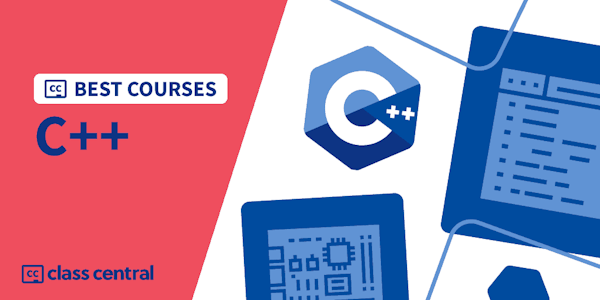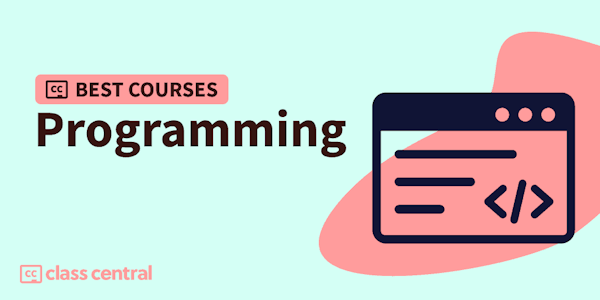LearnCpp.com is a free website devoted to teaching you how to program in C++. Whether you’ve had any prior programming experience or not, the tutorials on this site will walk you through all the steps to write, compile, and debug your C++ programs, all with plenty of examples.
Becoming an expert won’t happen overnight, but with a little patience, you’ll get there. And LearnCpp.com will show you the way.




